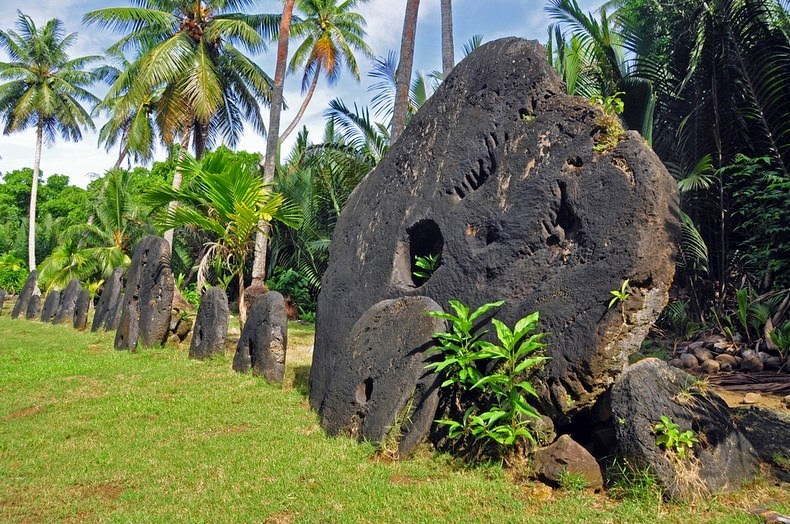The Double Spend Problem

There are a set of small islands in the Pacific whose citizens used massive stone disks as their form of currency (Rai Stones). The stones were too large to move, so during a transaction, ownership of the stone would simply pass from one person to another by word of mouth. A problem arises here if I purchase something from you in exchange for my stone, then without telling you, go to someone else and barter with them using the same stone. This is called the double spend problem and will quickly devalue any currency. The two solutions to the problem are as follows:
- Rely upon a single middleman for every transaction; some designated authority that can bless each transaction.
- A middleman can ensure that no coin is spent twice.
- A middleman has power over the system and can begin taking large cuts to facilitate the transaction.
- Each transaction is broadcast to the entire community. Once everyone has heard of the transaction, then the coin is considered spent.
- This is slow but cheap. No middleman to decide whether your transaction should go through or not.
- This solution doesn't scale past a small village.
It's clear which example is a system relying on banks and which is the peer-to-peer economy. In the peer-to-peer system, every person must keep track of where each coin currently resides through the use of a ledger (this is the blockchain). You could imagine that as such a system grew, there would be so much chatter that it would be difficult to keep everyone on the same page. The existing Proof-of-Work (PoW) system provides a democratized way for selecting a member of the community to add some data to the blockchain (a way to take turns). More on PoW in a future post.
Throughout history, we've relied upon barter systems and peer-to-peer economies to facilitate our transaction needs. However, as we sought-after further growth, we realized that these systems do not scale past a small village. Once centralized systems were invented, civilization flourished because it allowed the economy to scale. Thanks to the speed-of-light data transmission of the internet and the invention of a decentralized blockchain, we now have the ability to have the best of both worlds: a global, peer-to-peer economy.